EDITORIAL
Published on 13 Oct 2021
Editorial: Metabolic Regulation in the Development of Cardiovascular Diseases
doi 10.3389/fcell.2021.768689
- 1,871 views
- 2 citations
34k
Total downloads
127k
Total views and downloads
Select the journal/section where you want your idea to be submitted:
EDITORIAL
Published on 13 Oct 2021
REVIEW
Published on 19 Aug 2021
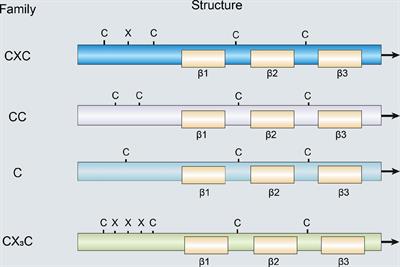
OPINION
Published on 18 Aug 2021
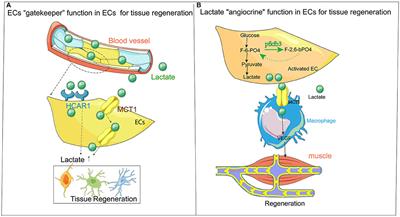
BRIEF RESEARCH REPORT
Published on 12 Aug 2021
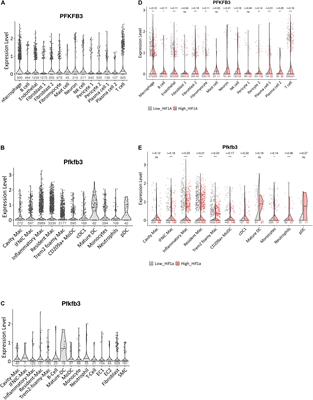
ORIGINAL RESEARCH
Published on 26 Jul 2021
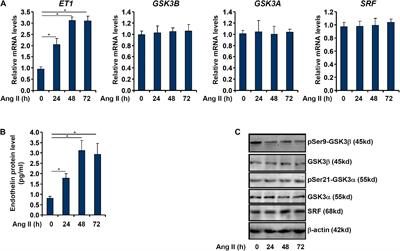
REVIEW
Published on 15 Jul 2021
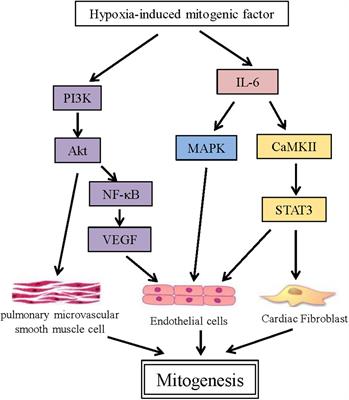
BRIEF RESEARCH REPORT
Published on 14 May 2021
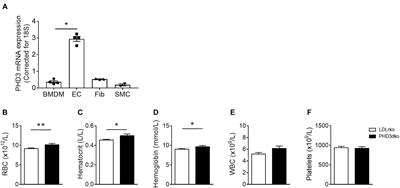
MINI REVIEW
Published on 01 Apr 2021

OPINION
Published on 12 Mar 2021
ORIGINAL RESEARCH
Published on 11 Mar 2021
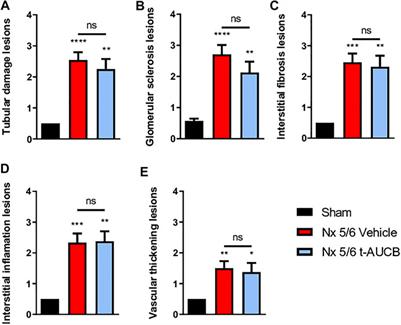
REVIEW
Published on 04 Mar 2021

ORIGINAL RESEARCH
Published on 04 Mar 2021
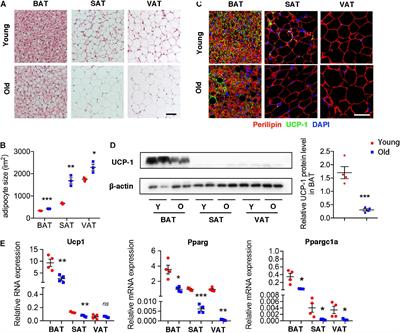

Frontiers in Molecular Biosciences